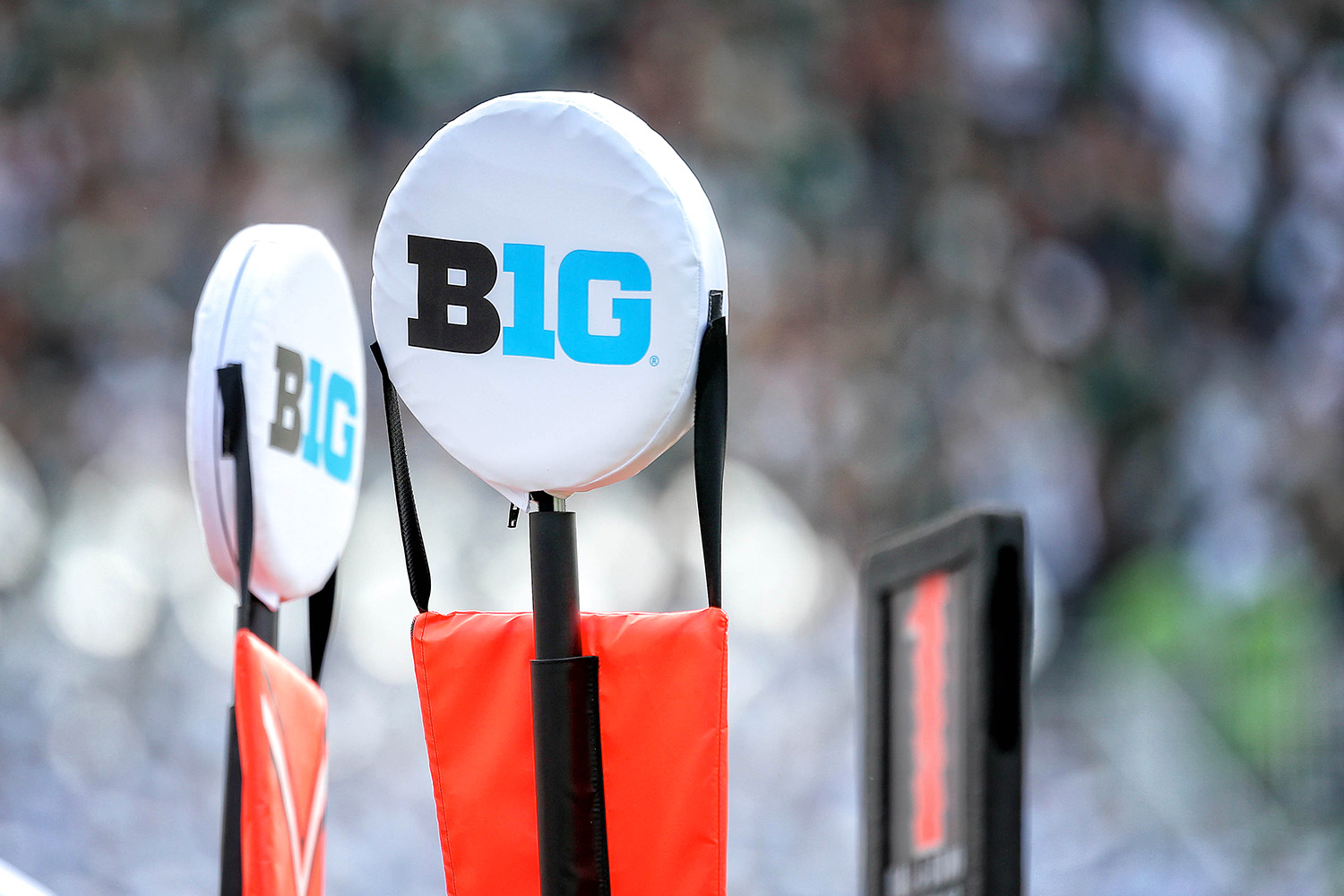In three short years as Big Ten Commissioner, Kevin Warren established the conference as one of the two most powerful in all of college sports — alongside the mighty SEC.
Over the next few months, Warren will begin to transition into a new role as President and CEO of the Chicago Bears — and the Big Ten will begin to search for a new leader.
Now, the first order of business is for the Council of Presidents and Chancellors — the group that ultimately will choose a new commissioner — to begin the process of finding a new commissioner.
The role is certainly attractive, given that it’s one of the most powerful positions in college sports. But in reality, the next commissioner will face an uphill battle: navigating the barrage of changes the industry faces for a conference that is about to expand coast-to-coast. They must be willing to do a job that is increasingly unappealing, as burnout and disillusionment grows within the industry.
As usual, there are the status-quo candidates like ACC Commissioner Jim Phillips — who has only been in the role himself since 2020.
But the Big Ten will likely need a much more innovative leader. It could pluck another executive from outside college sports, like the Pac-12 and Big 12 both have done. Pac-12 Commissioner George Kliavkoff came from MGM Resorts International, and Big 12 Commissioner Brett Yormark arrived from Roc Nation.
Warren himself came from the Minnesota Vikings.
One list from The Athletic floated candidates such as WNBA Commissioner Cathy Engelbert or President and COO of Fox Sports, Mark Silverman.
Here’s what probably won’t be affected: The Big Ten is slated to be at least the second-highest, if not the highest-earning, conference in all of college sports starting in 2023-24 with a media rights contract that will pay out more than $1 billion annually.
The conference will also probably not expand — Warren appeared to have expansion on a temporary hold anyway, but now presidents and chancellors will likely be busy with finding a replacement rather than adding new members. But after the Pac-12 finalizes its next media rights deal, there could be another wave across the sport.
In the long term, Warren envisioned a 20-team league. Could a new commissioner reach that goal?
But there’s one issue that could sink the conference no matter who is at its helm: athlete compensation. This year, the U.S. Third Circuit Court of Appeals and the NLRB will consider the question of whether athletes should be designated employees. If so, the entire current business model of college sports — which the Big Ten capitalizes on significantly — would crumble.







![[Subscription Customers Only] Jun 15, 2025; Seattle, Washington, USA; Botafogo owner John Textor inside the stadium before the match during a group stage match of the 2025 FIFA Club World Cup at Lumen Field.](https://frontofficesports.com/wp-content/uploads/2026/02/USATSI_26465842_168416386_lowres-scaled.jpg?quality=100&w=1024)
![[Subscription Customers Only] Jul 13, 2025; East Rutherford, New Jersey, USA; Chelsea FC midfielder Cole Palmer (10) celebrates winning the final of the 2025 FIFA Club World Cup at MetLife Stadium](https://frontofficesports.com/wp-content/uploads/2026/02/USATSI_26636703-scaled-e1770932227605.jpg?quality=100&w=1024)









